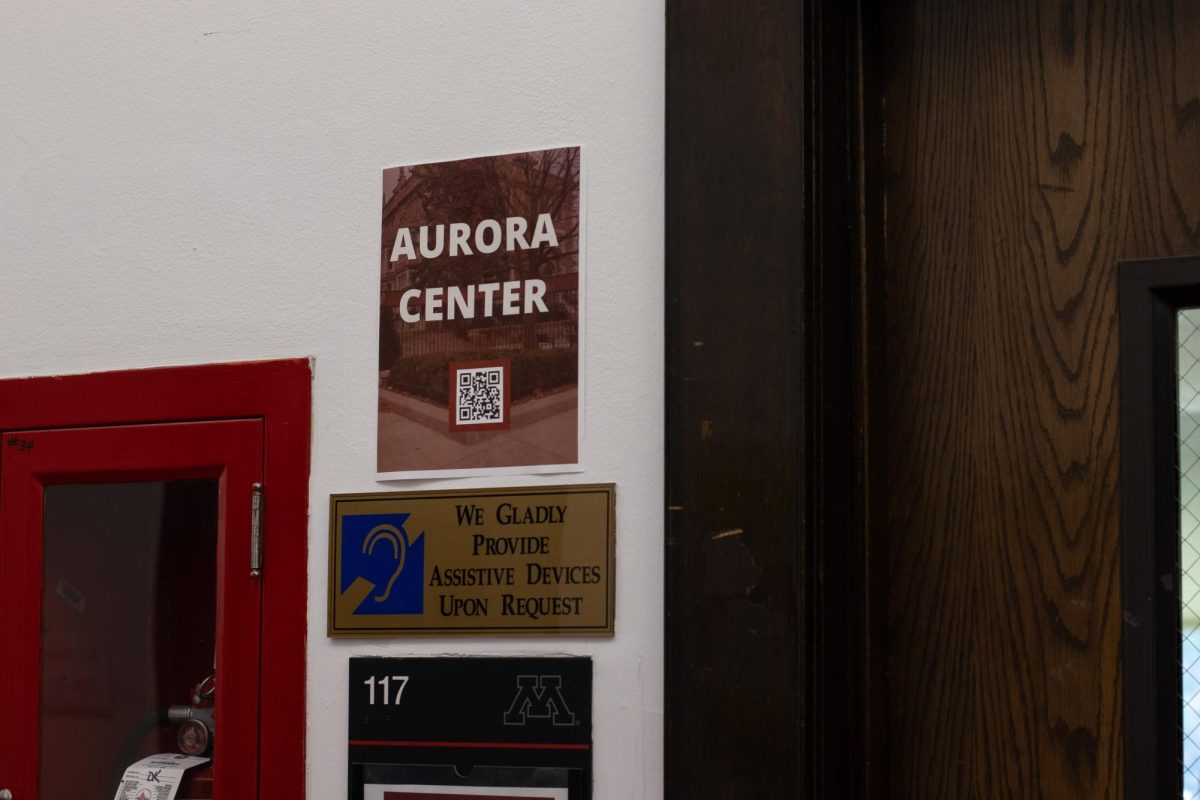There is a very good chance you are learning from a gig worker. Many University of Minnesota faculty are not hired as professors, but as lecturers, teaching specialists, clinical faculty, contract faculty or term faculty.
Hundreds of instructors with these titles work with the same kind of precarity as gig workers. Unlike tenure-track faculty, they are hired on a semester-to-semester or year-to-year basis, with no commitment to future employment. They may make as little as $6,000 to teach a 250-seat lecture, and receive annual salaries lower than $40,000. In May, Regent Darrin Rosha described this rate of pay to Provost Rachel Croson as appropriate for “an entry level position at a feed store.” As he said, “that’s not a lot of money to have to make a living while also having an advanced degree in teaching our students.”
In addition to experiencing job instability and receiving low pay, your instructors may have no health or retirement benefits because they are hired to teach just one or two classes at a time. They may be cobbling together full-time work by accepting part-time positions at multiple universities. They lack the protections of academic freedom when they address controversial topics in class. They are excluded from the possibility of earning tenure, and often promotion. Many of them are not even categorized as “faculty,” despite holding PhDs and teaching the same classes—your classes—as tenured professors do.
Here is what that means for you as a student: If you want to take another course with a particular instructor, you may not be able to do so. If you would like a letter of recommendation from an instructor one or two semesters from now, they may no longer be on campus. If you would like to meet with an instructor about directing your thesis, they may not have permission to do so. If you would like to meet them for office hours, they may be unavailable because they work elsewhere to make ends meet. If you would like to communicate with them, you may be unable to reach them when they lose access to their email accounts in between their unpredictable contracts.
What it means is that sometimes your favorite teachers can’t help you as much as you, or they, would like. The institutional inequity they experience disrupts stable student-teacher relationships, the foundation of a meaningful undergraduate education.
The turn toward contingent labor is a national trend in higher education, and the reasons for this are simple and clear: it is how university administrations drive down faculty labor costs, erode faculty bargaining power and diminish academic freedom.
Administrators are likely to say that non-tenure track positions are stopgaps for when enrollment is unpredictable, or when tenured faculty take sabbaticals. Yet we have celebrated instructors who have been employed on untenable terms for years and departments that are currently staffing 50 out of 100 of their classes with gig instructors. In one CLA department, gig faculty outnumber tenured faculty 5 to 1. There is a clear and unacceptable shift toward temporary hiring as a permanent practice.
Administrators are also likely to say they are paying market value for contingent labor, but such a position not only lacks moral courage, it also demonstrates flawed thinking: markets reflect, rather than determine, value.
Students at the University deserve to know why their college-level instructors are paid less than their underpaid high school educators—and why they lack a stable faculty that can guide their education through its various stages. Students similarly deserve to understand how their tuition dollars are being spent. If a 250-seat, 3-credit lecture brings in $400,000 in tuition (an oversimplified figure based on in-state tuition of $538 per credit), paying the PhD-holding instructor a mere $6,000 is not only an insult, it’s a mystery of accounting. The administration owes students an explanation as to why it is disinvesting in the University’s teaching mission—to be clear, this underinvestment in teaching professionals is an underinvestment in students themselves.
What can you do as a student? You can start by supporting our local chapter of the American Association of University Professors in demanding respect, fair wages and job stability for your instructors. You can talk to your instructors: find out what their titles are, and ask them about the challenges of working here. You can spread awareness by sharing information with your friends, family and classmates. You can contact your dean, Provost Croson, and President Joan Gabel; ask them why their policies devalue your education by devaluing your instructors. Tell them that an educational gig economy is not good enough for the University of Minnesota.
Heather Holcombe is a lecturer in the Department of English and vice president of the UMN-Twin Cities chapter of the American Association of University Professors.
Sumanth Gopinath is an associate professor of music theory in the School of Music and president of the UMN-Twin Cities chapter of the American Association of University Professors.









